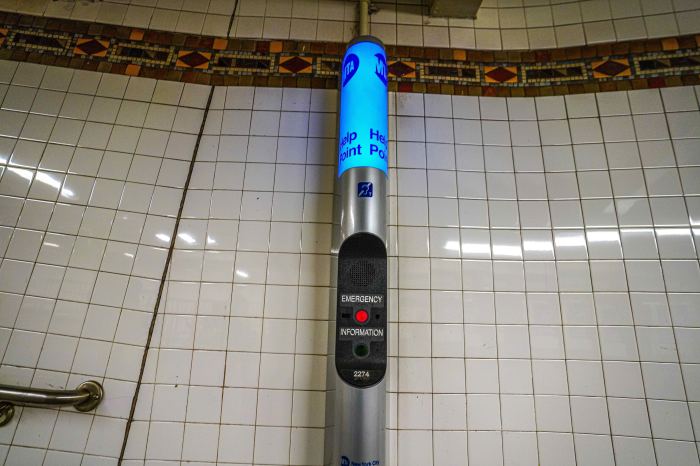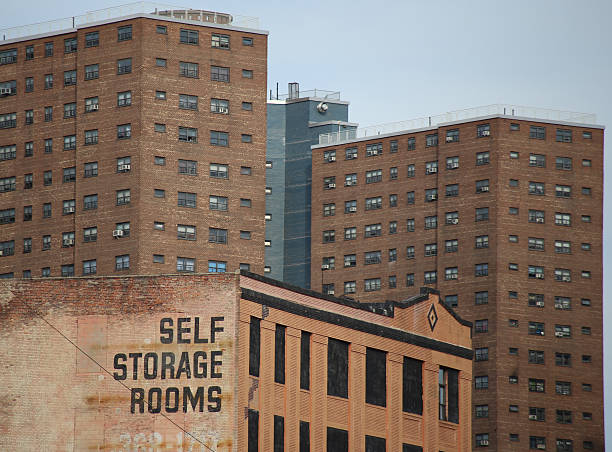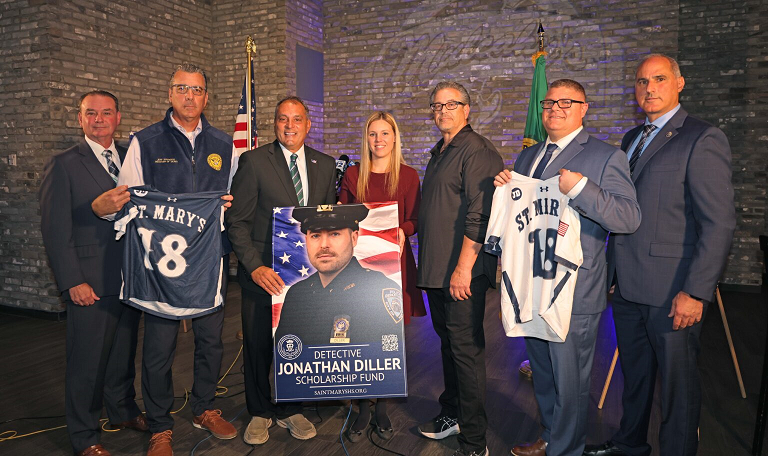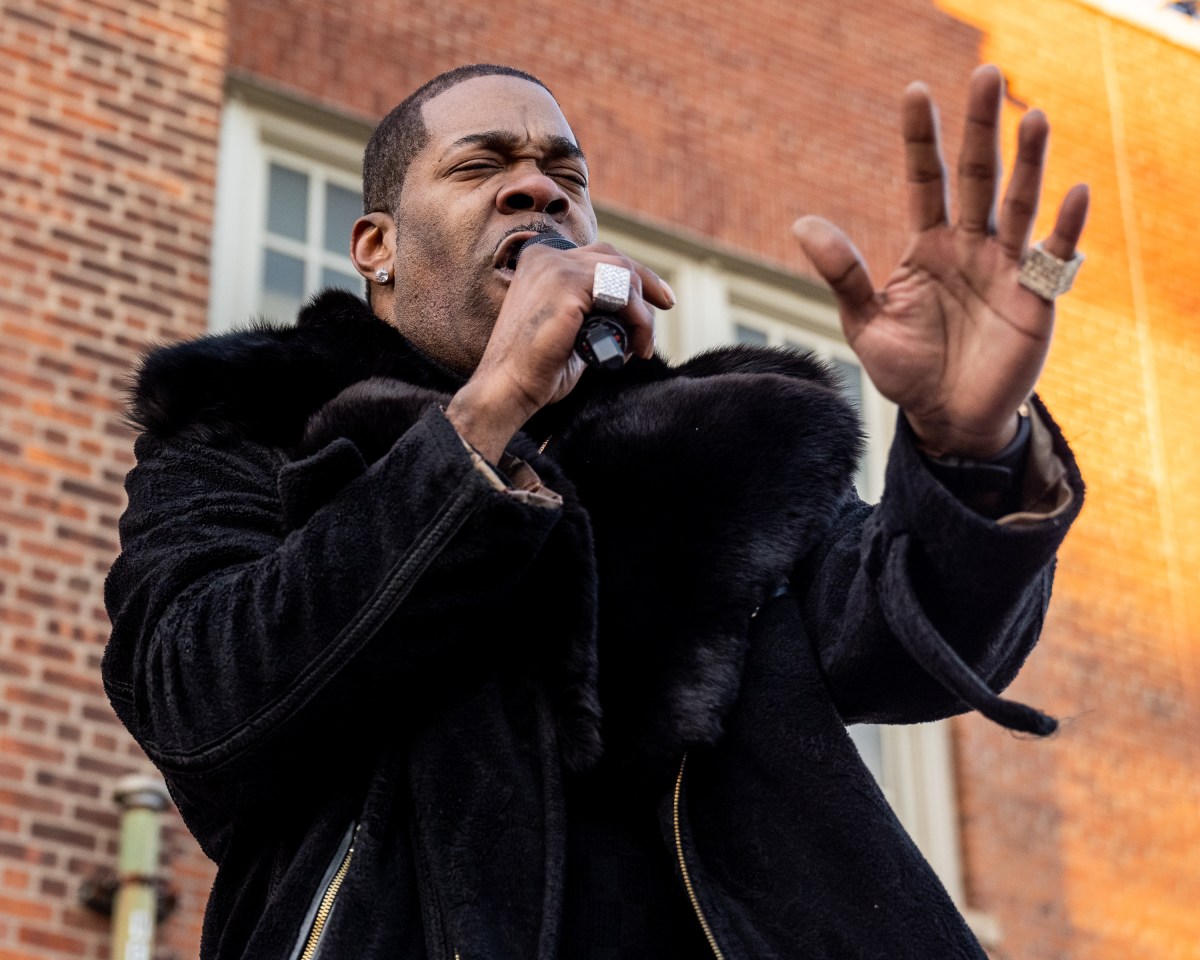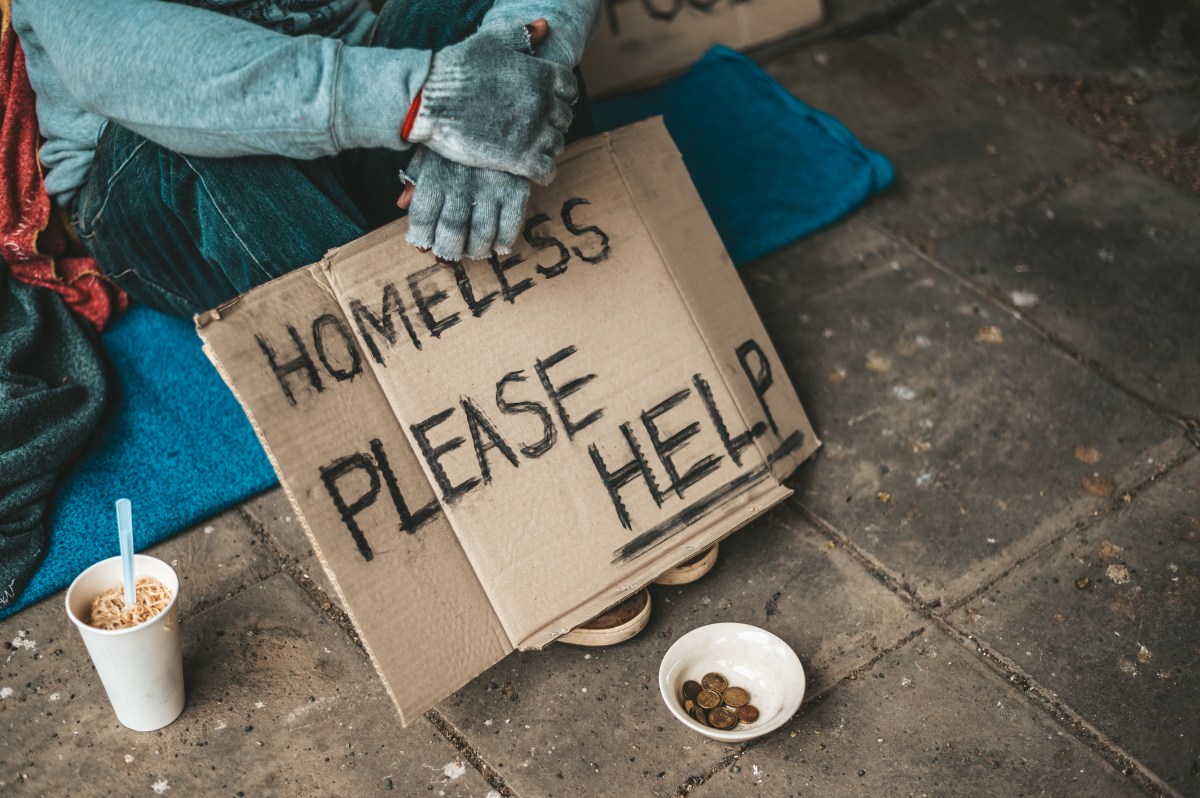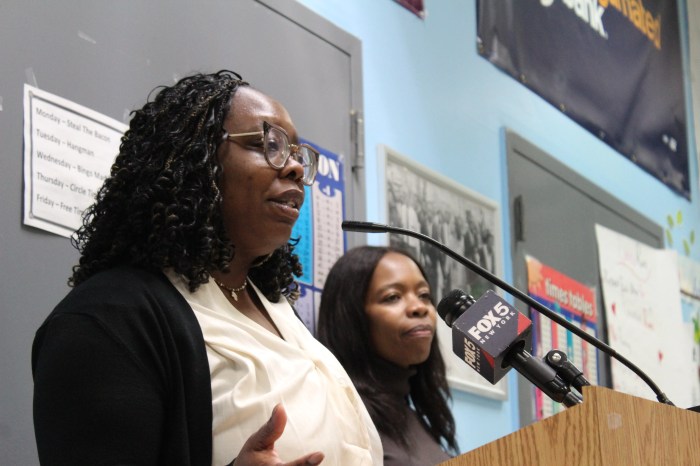City lawmakers are one step closer to shining a light on the policing of turnstile jumping.
Suspecting that the enforcement of the offense disproportionately impacts minorities, the City Council’s Committee on Public Safety advanced a bill Thursday that would require the NYPD to publish more detailed data online — including the age, sex, race and station location — of those arrested or issued summonses for subway fare evasion, classified by police as theft of services. The full Council is expected to pass the legislation on Monday.
“We believe that the data that will come from this reporting will tell us the extent to which communities of color are over-policed when it comes to fare evasion as well as the disproportionate impact that treating fare evasion as a crime as opposed to a civil offense has on communities of color,” said Queens Councilman Rory Lancman, who sponsored the bill. “Once we have good information, we can make good policies.”
Police have the discretion to arrest those who skip the $2.75 subway fare or issue them a $100 civil summons. Through October, police arrested 15,600 turnstile jumpers while issuing 63,462 summonses for the offense. That’s a 25 percent drop in arrests and an almost 10 percent drop in summonses.
But a recent report from the Community Service Society of New York found that, with data limited to Brooklyn subway stations, the policing tends to target poorer, African-American communities. Across Brooklyn’s 157 subway stations, 66 percent of those arrested for turnstile jumping last year were black and 87 percent were men. Stations in Bedford-Stuyvesant, Crown Heights, Brownsville, East New York and poorer areas of Williamsburg and Bushwick saw the highest activity of arrests.
“To a certain extent, this is like shooting fish in a barrel. You go to the poorest neighborhoods where people often don’t have enough money even for a single fare,” said David Jones, the president and CEO of the CSS and an MTA board member, after the report’s release. “This is basically a crime of poverty.”
Oleg Chernyavsky, the director of legislative affairs for the New York Police Department, said during testimony before the Council in October that fare evasion arrests are made only when the offender is considered a “transit recidivist,” or someone who has a prior felony or misdemeanor arrest in the transit system within the past two years; any prior sex-crime arrest in the system; three or more summonses in the system in the past two years; or is on probation or parole.
“The department demonstrates significant discretion when enforcing theft of services and this practice is consistent with the administration’s concerted efforts to divert people away from the criminal justice system where circumstances are appropriate,” Chernyavsky said.
Still, the agency has come under fire for what advocates describe as using “predatory” techniques to enforce the law at a time when fares — thanks to routine MTA rate hikes — have become more and more unaffordable for low-income New Yorkers. There’s been growing support among lawmakers to decriminalize fare evasion as an arrestable offense.
Manhattan District Attorney Cy Vance announced this summer that his office would end criminal prosecution of the offense, and both Lancman and Jones would like to see the policy expanded to all boroughs. Jones has also advocated for the city to subsidize MetroCards for low-income New Yorkers who struggle to pay fares.
“To be clear, I’m not calling for the MTA to cease stopping people they observe jumping a turnstile,” Lancman said. “But just as I would get a civil parking ticket when I don’t pay a meter when I park my car, a person jumping a turnstile should receive a civil ticket.”




